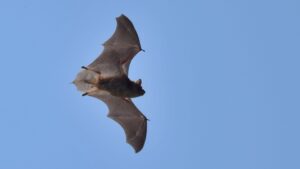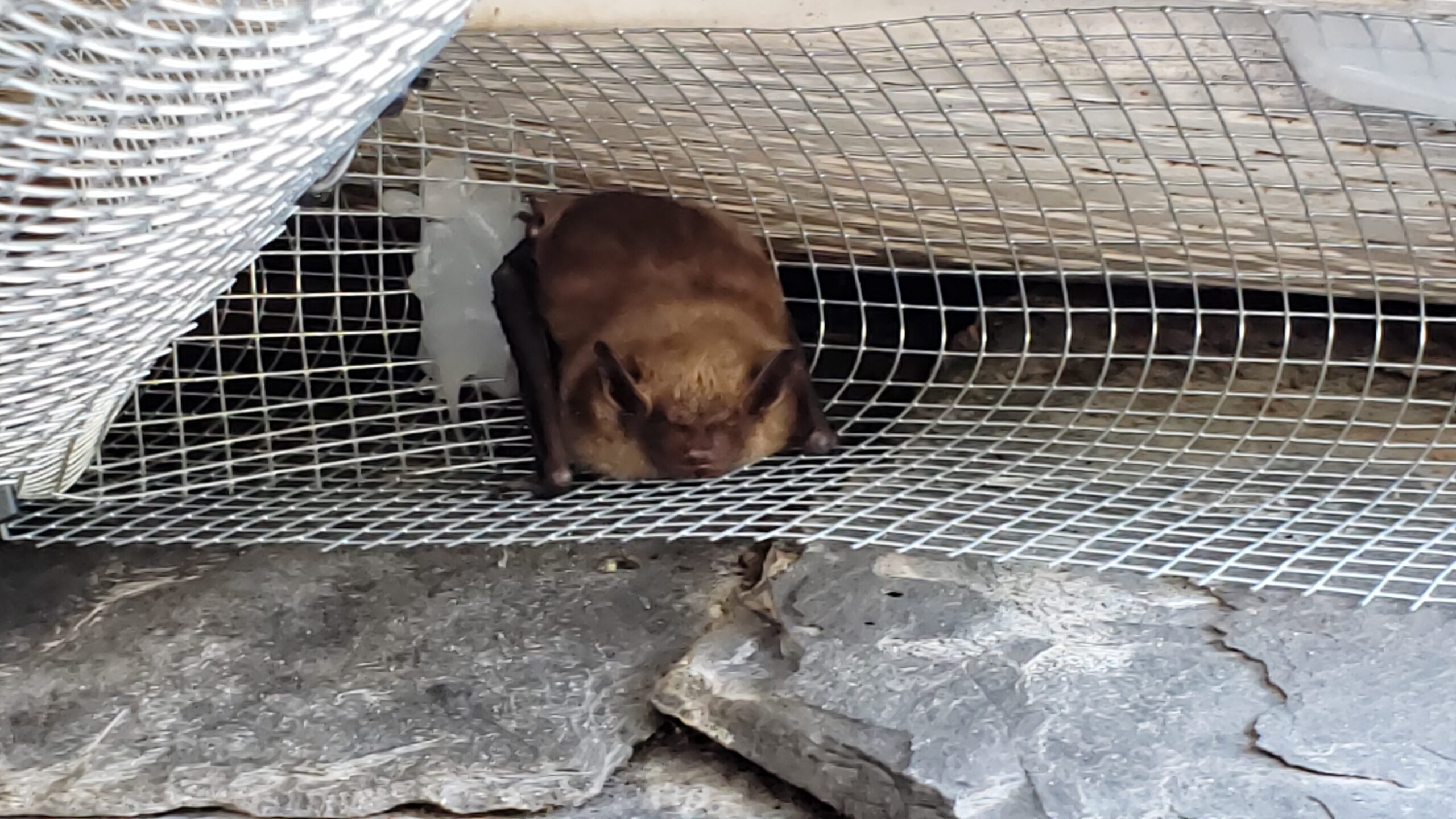Bats are unique creatures, being the only mammals capable of true flight. Since they are most active at night, it is difficult to observe their behavior, which also makes them mysterious. As a result, people have a lot of mistaken notions about bats. These misunderstandings become amplified by dramatic movies and television, sparking fear in many people.
Bat removal in Madison is a necessary step if you find bats living in your home, but there is no need to panic. The bats mean you no harm and do not pose an immediate threat as long as you keep your distance. In fact, bats benefit human beings in many important ways. Many species are endangered and actually need the help of humans if they are to survive.
Not All Bats Drink Blood
Out of the 1,300 species of bats in the world, only three feed on blood. These three species all live in Central and South America; none of them live in the United States. The association of bats with blood probably came from the old horror movie “Dracula,” in which the vampire character has the ability to change into a bat. The diet of most bat species consists of plants or insects.
Bats Do Not Want To Bite You
 Most bats are not overly aggressive and will only bite in self-defense if threatened or handled. Even bats that drink blood would much prefer to bite livestock or other animals than humans if given the choice. While it is true that bats can carry rabies, and may transmit it if they were to bite you, infection among the bat population isn’t as prevalent as you might think. Among the population of big brown bats, rabies infection might occur in one bat out of every 200.
Most bats are not overly aggressive and will only bite in self-defense if threatened or handled. Even bats that drink blood would much prefer to bite livestock or other animals than humans if given the choice. While it is true that bats can carry rabies, and may transmit it if they were to bite you, infection among the bat population isn’t as prevalent as you might think. Among the population of big brown bats, rabies infection might occur in one bat out of every 200.
Incidentally, the big brown bat’s name refers to its wingspan of 12 to 13 inches. It is big in relation to another species, the little brown bat, but the body of the big brown bat is less than four inches long and weighs a little over an ounce.
Bats Are Vital to Agriculture
Bats that feed on fruit disperse the seeds through their droppings. There are some bat species that feed on the nectar of flowers, and these bats have a vital role to play in pollination. Both actions are necessary for new plants to grow. Without bats to spread their seeds or pollinate them, some plants would die out altogether. An example is the agave plant, which is where tequila comes from and relies on bats as its sole pollinator.
Bats Help With Pest Control
Bats eat insects that are harmful to humans, such as mosquitoes, as well as those that damage crops. In fact, without bats to keep insects under control, the United States would have to spend over $3 billion per year on pesticides to protect crops. Furthermore, bats do not leave behind any traces of poisonous chemicals as they feed on insects.
Many Bat Species Are Endangered
Approximately 30% of all bat species in the U.S. are threatened, with a serious risk of extinction affecting eight out of 45 native bat species in the United States and Canada. Two of the most serious threats include a contagious fungal infection that causes a disease called white-nose syndrome and collisions with wind turbines while the bats are in flight. Loss of their natural habitats due to development by humans is another serious threat.
What makes this disheartening is that, while conservation efforts starting in 1985 were successful in reversing the decline in several bat species, those gains have been lost over the past 15 years due to the emerging threats of disease and wind infrastructure.
While it is important to try to protect bats, it is not a good idea to allow them to remain in your home. Bat removal in Madison from Skedaddle removes and relocates them without doing them harm. Our services include exclusion and decontamination.



